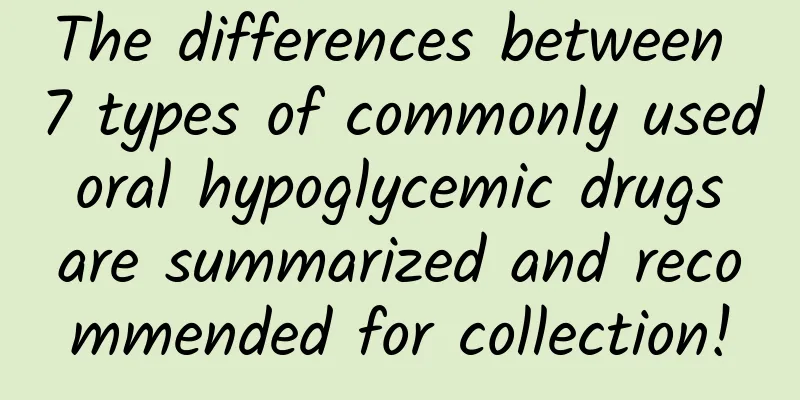How to avoid cholestasis when having a second child?

|
With the opening of the second-child policy, many families choose to have a second child. Having a second child is exciting, especially when the due date is approaching. Every pregnant mother does not want to have any abnormalities during pregnancy. However, for older pregnant women, there are various risks during pregnancy. High bile acid is a very common phenomenon. How can the second child avoid this phenomenon? How to avoid cholestasis during second pregnancy? Cholestasis of pregnancy is a condition that occurs only during pregnancy and disappears after the pregnancy ends. Before jaundice appears, there is only itching, and the jaundice is mostly mild or moderate, much milder than the itching. Generalized itching first appears in the middle and late stages of pregnancy, and is more severe at night, without specific rash. Symptoms: Itching all over the body first occurs in the second and third trimesters of pregnancy, which is more severe at night, and there is no specific rash There was no history of hepatitis or contact, no gastrointestinal symptoms or liver enlargement, and no percussion pain or tenderness. This must be noted as it is very harmful to the fetus and can easily cause premature birth, low birth weight, fetal intrauterine distress and neonatal asphyxia. Pregnant women should seek medical attention in time if they experience skin itching. Before itching occurs or serum alanine aminotransferase increases, serum conjugated bile acid will increase first, which is an early reliable indicator. There is currently no specific drug treatment. In order to prevent postpartum hemorrhage, it is advisable to supplement vitamin K before delivery. Is cholestatic hepatitis contagious? Whether cholestatic hepatitis is contagious needs to be analyzed in combination with the cause of cholestasis. Basically, cholestasis can occur in patients with severe cases of various types of hepatitis. For example, if cholestatic hepatitis is caused by various types of viral hepatitis such as hepatitis B and hepatitis A, it is contagious. Severe fatty liver, alcoholic hepatitis, autoimmune hepatitis, etc., the cholestasis caused by these factors is not contagious. There is bile duct obstruction, such as some bile stasis caused by common bile duct stones, which is also not contagious. Therefore, whether it is contagious or not depends on the specific cause of the disease. Hepatitis A and E are transmitted through the digestive tract and oral route, while hepatitis B and C are transmitted through blood and mother-to-child transmission. |
<<: How to treat bacterial vaginitis
>>: Can I keep a baby conceived unexpectedly?
Recommend
"Mycoplasma pneumonia" is on the hot search, taking cephalosporin is ineffective! 4 pitfalls of using antibiotics, don't step on any of them
Recently, peaks of Mycoplasma pneumoniae infectio...
Can I eat hairy crabs to lose weight? How much should I eat each time?
Now is the best time to enjoy hairy crabs. Hairy ...
How to formulate a fitness and weight loss plan for women?
Losing weight is a long process, so you can't...
What should women do if their waist hurts after standing for a long time?
Because of work reasons, many people have to stan...
What are the characteristics of early pregnancy
Pregnancy is a very happy thing for a family. Man...
Why do girls often feel sleepy?
People often feel sleepy easily, and this phenome...
Absence of menstruation and lower abdominal distension
Some people should pay more attention if they hav...
Fallopian tube surgery complications
Every disease in the body has a cause. Generally,...
How to protect the fetus during early pregnancy bleeding
Pregnancy and childbirth are the continuation of ...
Let me introduce you to "restless legs syndrome"
There is a disease that causes people to experien...
How long after pulling hair can you get pregnant
People cannot predict many things, so sometimes t...
The amount of vaginal discharge is increasing. Is it because my period is coming soon?
If there is a lot of secretions, ladies don't...
How can pregnant women eat eggs more nutritiously?
After a woman becomes pregnant, nutritional suppl...
What is the best breakfast? Can protein powder be eaten for breakfast?
Breakfast is not only necessary, but also nutriti...









